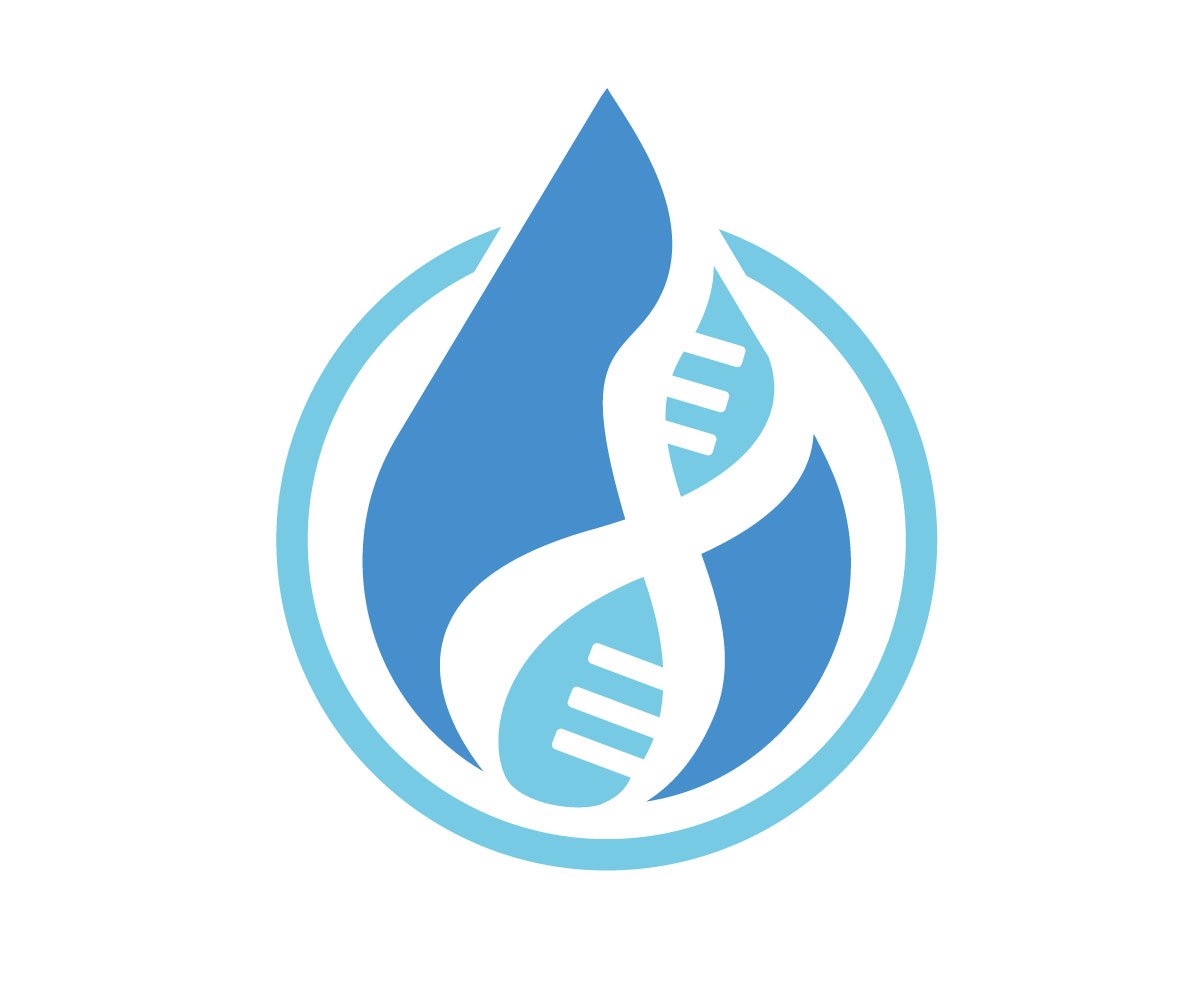Need Help Fighting the Urge to Open Your Alzheimer’s Disease Risk Report?
Fighting the urge to find out your APOE status from a 23andMe genetic risk report is impossible for some. Even with multiple layers of warnings a customer goes through to be able to view the report, it's easy to click boxes and breeze through to your report in less than a minute.
But if you have no symptoms of Alzheimer's disease, the American College of Medical Genetics and Genomics wants you to think twice before checking on your APOE gene status. APOE is associated with (but not causative for) Alzheimer's disease for some people. 40% of people with the version of the APOE gene associated with Alzheimer's will live their entire lives asymptomatic.
A few years ago, ACMG partnered with the Choosing Wisely campaign to offer directiveness on genetic testing of the APOE gene. The ACMG assessment offers links to references that support their stance that doing predictive testing for Alzheimer's disease in someone without symptoms is, well, NOT WISE.
My job as a genetic counselor isn't to tell people whether they are being wise or unwise. My job is to offer the options, to share what we currently do and do not know about genetic disease risk associations, to connect my clients with resources for more support and learning, and to guide them in making a decision that is right for them, at least right now.
What we know now about the genetics of Alzheimer's disease is limited, and interventions like treatments and drugs are heavily researched but so far not highly promising. Would you want to know you carry an association that many in the world do, that in many cases never results in the development of Alzheimer's disease? It's a tough choice. A genetic counselor can help you think through these things.
Maybe fighting the urge to open certain reports is what you need right now.

